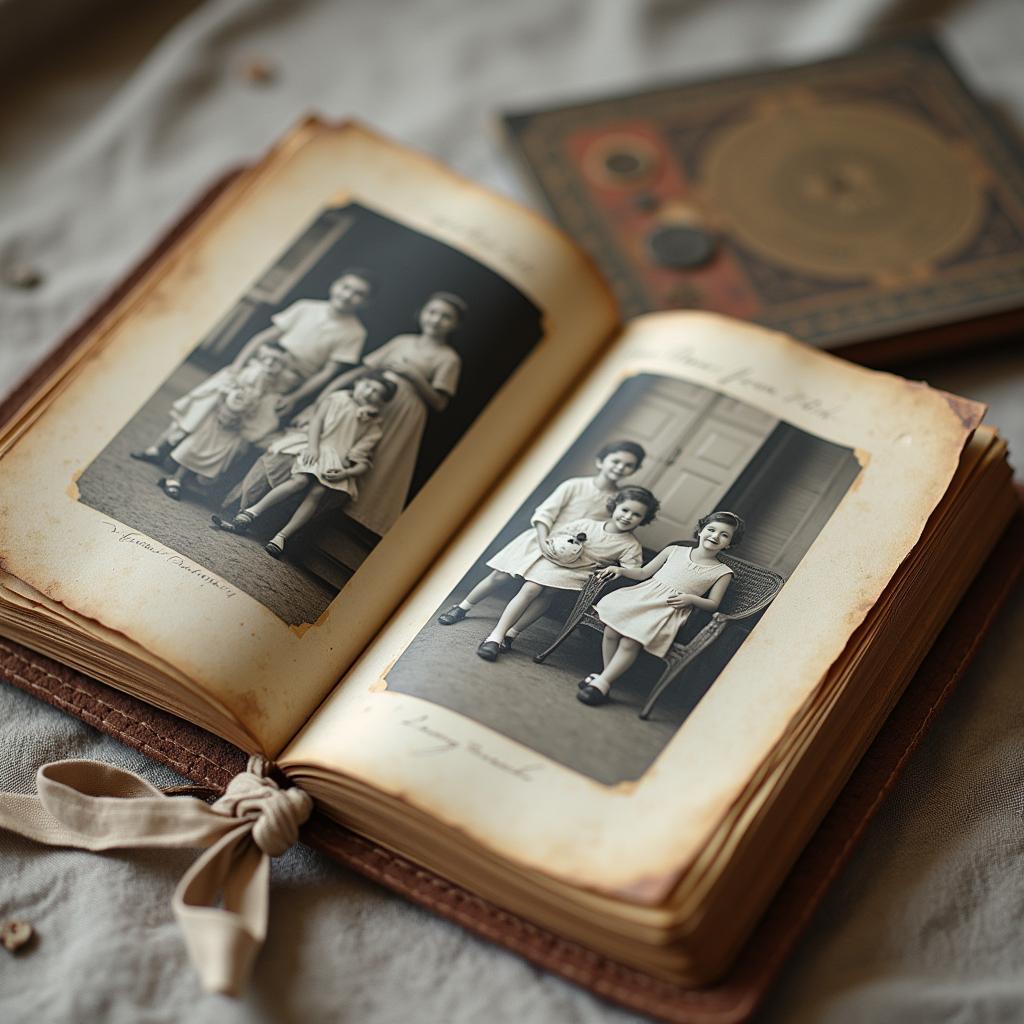The IELTS Speaking Test assesses your proficiency in spoken English and is divided into three parts – Introduction and Interview, Long Turn, and Two-Way Discussion. Examiners evaluate candidates based on criteria such as fluency and coherence, lexical resource, grammatical range and accuracy, and pronunciation. Questions about meaningful gifts often appear because they allow candidates to expand on personal anecdotes, emotions, and the impact of the experience.
II. Main Content
1. Part 1: Introduction and Interview
In Part 1, the examiner will ask general questions about yourself, your daily routines, interests, etc. Here are a few example questions related to gifts:
- Do you enjoy giving or receiving gifts more?
- What kind of gifts do you usually receive?
- How do you feel when you receive a gift?
Sample Answer:
“When I receive a gift, I feel very appreciated and happy because it shows that someone has taken the time to think about me. For example, last month, my best friend gave me a novel that I had been wanting to read for a long time, and I was over the moon.”
2. Part 2: Long Turn
Cue Card:
Describe a time when you received a meaningful gift. You should say:
- Who gave it to you
- What the gift was
- When you received it
- And explain why it was meaningful to you
Sample Answer:
“I remember a time vividly when I received a truly meaningful gift. It was a beautiful handcrafted photo album from my grandmother. She gave it to me on my 18th birthday, a milestone in my life. The album was filled with pictures of my childhood, family gatherings, and special moments that I’d almost forgotten. What made this gift so special was not just the nostalgia it evoked, but also the love and effort my grandmother put into creating it. Every picture was carefully selected and annotated with little notes, bringing back a flood of cherished memories. The album now serves as a priceless treasure that I will always keep close to my heart.”

Follow-Up Questions:
- Why do you think meaningful gifts make a lasting impact?
Gist: Meaningful gifts often hold sentimental value and are a reminder of the person who gave it and the occasion it commemorates.
Sample Answer:
“Meaningful gifts make a lasting impact because they often carry sentimental value and are tangible reminders of the giver and the special memories associated with the occasion. For instance, my grandmother’s photo album is not just a collection of photographs; it’s a testament to our bond and shared experiences.”
3. Part 3: Two-Way Discussion
In Part 3, the discussion becomes more abstract and expands on the topic of Part 2.
Question: Why do people give gifts to others?
Sample Answer: “People give gifts to show their affection and appreciation for others. It’s a gesture that can express love, celebrate special occasions, or simply convey a message of gratitude. For example, during Christmas, gifts are exchanged to celebrate the spirit of giving and to strengthen family bonds.”
Question: How has the tradition of gift-giving changed over time?
Sample Answer: “The tradition of gift-giving has evolved significantly, especially with the advent of online shopping and customizable gifts. In the past, gifts were often more utilitarian or handmade, but nowadays, there’s a trend toward personalized and experience-based gifts such as travel vouchers or tickets to events. This shift reflects changing consumer preferences and the desire for unique, personalized experiences.”
4. Vocabulary and Structures for High-Band Scores
Vocabulary:
- Appreciated /əˈpriː.ʃieɪ.tɪd/: Recognized with gratitude.
- Vividly /ˈvɪvɪdli/: In a way that produces powerful feelings or strong, clear images in the mind.
- Meaningful /ˈmiː.nɪŋ.fəl/: Having significance, often because of personal association.
- Handcrafted /ˈhænd.kræf.tɪd/: Made by hand, often with skill.
- Nostalgia /nɒˈstæl.dʒə/: A sentimental longing for the past.
- Annotated /ˈæn.ə.teɪ.tɪd/: Added notes to a text or diagram giving explanation or comments.
- Cherished /ˈtʃer.ɪʃt/: Kept with care and affection.
- Utilitarian /ˌjuː.tɪ.lɪˈteə.ri.ən/: Designed to be useful or practical rather than attractive.
Structure:
- Complex Sentences: “What made this gift so special was not just the nostalgia it evoked, but also the love and effort my grandmother put into creating it.”
- Passive Voice: “The album was filled with pictures of my childhood, family gatherings, and special moments.”
- Conditional Sentences: “If I hadn’t received this album, I might have forgotten many of these precious moments.”
III. Advice for High Scores in Speaking
Practice Regularly: Consistent practice improves fluency and confidence. Use a variety of speaking prompts to simulate exam conditions.
Expand Vocabulary: Read widely and incorporate new words into your practice to enhance your lexical resource.
Seek Feedback: Record your answers and seek feedback from a tutor or use language exchange platforms to get constructive criticism.
Stay Calm: On exam day, try to stay relaxed and composed. Deep breathing can help reduce anxiety and enable clearer thinking.
Focus on Pronunciation: Clear, articulate speech is crucial. Practice pronunciation and intonation regularly to ensure you are easily understood.